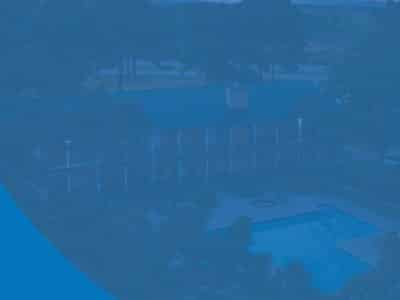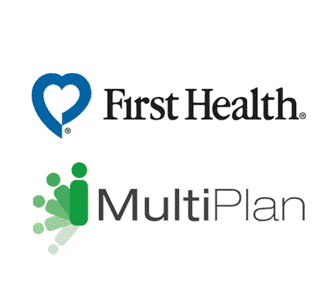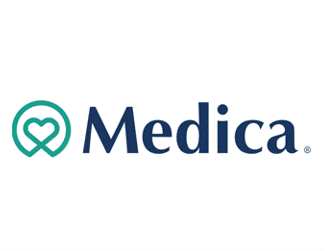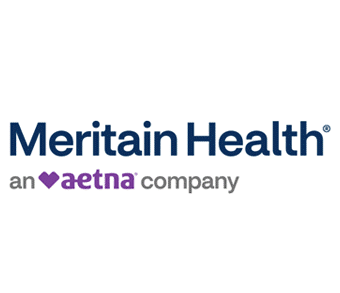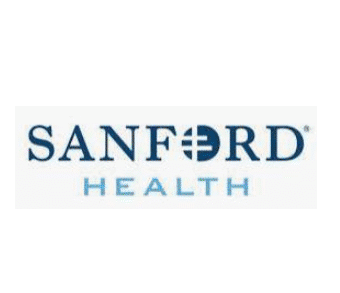In 2021, police arrested a man from Skokie, Illinois. His charges? The man allegedly had more than 30 pounds of marijuana and intended to distribute the drug.
A few years earlier, in 2018, police found $3 million worth of marijuana (423 pounds) inside another Skokie resident’s home.
That same year, FBI agents joined police in Skokie and other Illinois communities to arrest a number of people for using delivery drivers to distribute cocaine among multiple locations in and around Chicago.
Drugs are common in and around Skokie, a village of about 64,000. Alcohol is also a popular substance. Skokie, Illinois, is located in Cook County, where, according to statistics, problem drinking is common.
According to 2018 data, 22% of the population of Cook County reported that they engaged in heavy drinking or binge drinking. When women drink four drinks or more in the span of about two hours or under, and men drink five or more drinks in the same time period, it is considered to be binge drinking.
Student Substance Use Disorder in Skokie, Illinois College Students
Institutions of higher learning in Skokie, Illinois include:
- Oaktown Community College has campuses in Skokie and Des Plaines, Illinois. Workers at the school’s counseling services can assist students struggling with substance misuse.
- Hebrew Theological College (Skokie Yeshiva) has academic offerings that allow students to explore different fields of study as well as Hebrew/Judaic studies.
- Computer Systems Institute (CSI) has multiple campuses in both Illinois and Massachusetts that offer education related to computer networking, health care, business, skill-building, and English as a second language (ESL).
- Knowledge Systems Institute (KSI) trains students looking to enter IT (information technology).
- Midwest College of Oriental Medicine has two campuses: one in Skokie, Illinois, and one in Racine, Wisconsin. The school educates students about nutrition, Chinese herbal medicine, and acupuncture.
- Estelle Medical Academy (affiliated with the European Massage Therapy School) has programs that teach massage therapy, medical assisting, and English as a second language for medical professionals.
People wanting to expand their skills or gain new ones can find several educational and training opportunities in Skokie. Students may also have access to many other life-improving centers across the state, like rehabs in Waukegan, IL.
Our closest facility is in Illinois
19067 W Frontage Rd, Raymond, IL 62560-505
Talk to Our Intake Coordinators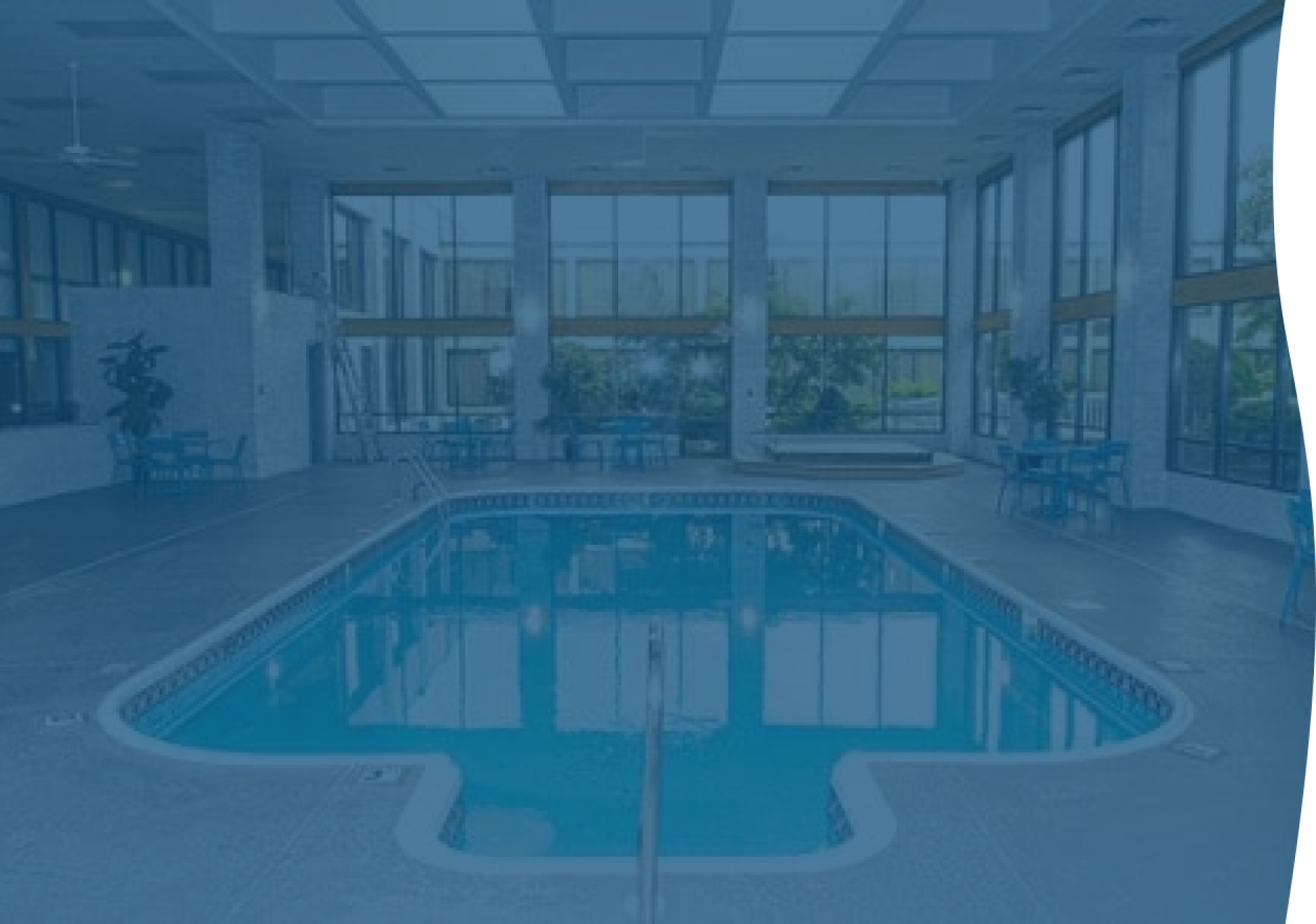
What to Look for When Choosing from Rehabs in Skokie, Illinois
Addiction is a frightening time. People might not know where to turn, who to trust, or what makes a quality rehab center or program.
When they’re searching for addiction treatment facilities in Skokie, IL, and surrounding areas, people might find it reassuring to look for specific indicators. They include:
Accreditation
Rehab centers and programs that have accreditations and certifications have met the qualifications and requirements of third parties that have examined them.
One such examining body is CARF International (Commission on Accreditation of Rehabilitation Facilities International). It sets standards for behavioral treatment providers and programs designed to treat problems relating to opioid drugs.
LegitScript is another third party. It studies addiction treatment organizations and determines if they’re trustworthy businesses.
The Joint Commission also scrutinizes behavioral health care treatment and addiction treatment providers and whether they offer safe, quality assistance. If a local rehab doesn’t have the proper accreditations, consider looking else—for example, at a rehab in Cicero.
Demographics
It’s easier to work with clients when people know about them. Skokie addiction treatment centers and programs that understand demographics, which are personal characteristics of a group of people, might be more effective.
For example, 11.5% of the population of Skokie is Hispanic, according to 2019 U.S. Census Bureau estimates. Because of this, centers that employ Spanish-speaking staff members may be better able to communicate—and treat—clients from Skokie and surrounding areas.
Client-to-Staff Ratio
Also known as a patient-to-staff ratio, a client-to-staff ratio of a program or center is the comparison of the number of clients to the number of staff members.
When alcohol and drug rehab programs and centers have lower client-to-staff ratios, they employ more staff members for every client. This means that clients may receive more attention, time, and care from staff members.
Services Included in Treatment
Rehab experiences vary because people are different and so are their addictions. But some common types of treatment available include:
Luxury rehab in Skokie, Illinois
Luxury rehab facilities offer quality treatment in addition to amenities. More like spas or hotels than medical facilities, luxury rehab centers might offer pools, fitness centers, access to the beach, or other appealing features and opportunities.
Addiction can cause physical and mental pain. Even in treatment, people might not know what their futures hold. Luxury rehabs provide options that could help people relax and destress.
Inpatient drug rehab in Skokie, Illinois
When clients attend residential or inpatient drug rehab, they live at the centers where they’re receiving treatment.
This can remove them from influences that could trigger their drug abuse or addiction and help them learn how to handle such influences in the future.
Inpatient alcohol rehab in Skokie, Illinois
Living at treatment centers during inpatient alcohol programs allows people to receive medical supervision.
Being on-site means clients can have access to immediate assistance. This assistance can be lifesaving if they experience medical emergencies or other challenges while they’re detoxing from alcohol or at other times during their stays at the facilities. Inpatient programs are available quite commonly, consider looking elsewhere, to treatment centers in Evanston, Illinois, perhaps.
Intensive Outpatient Programs (IOP)
Known by other names, such as an IOP program, IOPs (intensive outpatient programs) provide comprehensive treatment but don’t require clients to live in drug and alcohol rehab centers.
Instead, clients typically visit treatment facilities for multiple hours a day, several days a week. Like inpatient programs, IOP clients might receive medication, participate in therapy, and explore other treatment options, but they’re not living in facilities while they do so.
Holistic rehabs in Skokie, Illinois
Rehab options—such as yoga and meditation—address people’s spirits and minds as well as their bodies.
These options are known as holistic rehab. They’re becoming increasingly common approaches to address substance use disorder and addiction. Holistic options address every aspect of a person, which makes sense because addiction often affects so many areas of a person’s life.
Dual diagnosis treatment in Skokie, Illinois
Mental illnesses such as bipolar disorder, depression, anxiety, and post-traumatic stress disorder (PTSD) commonly accompany substance use and addiction. The presence of both is called a dual diagnosis, co-occurring disorder, or comorbidity.
For example, anxious people may drink alcohol to relax, but alcohol might make them depressed. To cope with this depression, they might drink more alcohol or use drugs, creating a dangerous cycle that can spiral out of control. Dual diagnosis rehab treats both mental illnesses and addictions so they don’t worsen each other. Dual diagnosis may be a necessity for some patients, if not found at a center locally, be sure to look elsewhere—at a rehab in Springfield, IL, perhaps.
Cognitive Behavioral Therapy (CBT) in Skokie, Illinois
One common type of therapy featured in addiction treatment programs is cognitive behavioral therapy (CBT). It’s a type of therapy that strives to change behaviors by changing people’s feelings and thoughts.
If people feel better about themselves, for instance, they might begin to believe that they’re worthy of recovery. As they’re feeling more worthy, they might find it easier to avoid using alcohol or drugs again.
Aftercare in Skokie, Illinois
Aftercare planning procedures can take the form of group and individual therapy sessions, support groups, follow-up phone calls, and other options.
Such tools can provide ongoing assistance in the clients’ home areas. They can serve as continuous support long after people leave their rehab centers or programs.
Working with addiction treatment professionals before, during, and after treatment can help people explore the services they need and determine whether the services are working. Don't see your Insurance Provider?
Learn More About Your Insurance Coverage
Support Groups in Skokie, Illinois
It’s difficult to do things alone. Treatment and recovery are often better with assistance, so many people join support groups.
12-Step Rehab in Skokie, Illinois
Popular types of support groups include 12-step rehab groups. As their name indicates, 12-step groups ask participants to work their way through a series of twelve steps. Such groups in and around Skokie, IL, include:
- Alcoholics Anonymous (AA) is the oldest 12-step group. It asks followers to acknowledge a higher power and ask for forgiveness.
- Al-Anon and Alateen are 12-step groups for the loved ones of people with alcohol problems. Alateen is for teens and younger people.
- Nar-Anon (Narcotics Anonymous, or NA) is a group that encourages people to work on their problems related to drugs.
- Marijuana Anonymous (MA) is geared toward people who have problems with marijuana.
- Cocaine Anonymous (CA) is an organization for people who want to address cocaine abuse or addiction.
- Dual Recovery Anonymous (DRA) is an approach that helps people who have substance use disorders in addition to mental illnesses.
- Celebrate Recovery (CR) is an organization that incorporates Christianity in its approach toward sobriety.
These groups allow people to learn from each other and support their sobriety.
Non-12-Step Rehab in Skokie, Illinois
While some people say that 12-step groups have worked for them, others have praised the effectiveness of non-12-step rehab approaches. These secular support options include:
- LifeRing Secular Recovery (LifeRing) encourages members to design their own plans to recover from substance use disorder.
- SMART Recovery (Self-Management and Recovery Training) uses scientific evidence to approach problems with drugs and alcohol.
- Women for Sobriety (WFS) states that people who identify as female have the power to overcome substance use disorder and addiction.
- Adult Children of Alcoholics (ACA) notes that adults who struggle with alcohol abuse or addiction could create long-term problems for their children.
- Moderation Management (MM) provides tools to help people reduce their drinking or end it entirely.
Support group assistance can come in the form of meetings (face-to-face, video, phone, or online), events, literature, and other options.
Treatment Options at Rehab Centers in Skokie, Illinois
People who ask what to expect during inpatient drug rehab in Skokie, Illinois might receive several answers.
That’s because there’s no single way to recover and stay recovered. Many centers include therapy: one-on-one, group, or family, or a combination of these. Many centers and programs include education about addiction and ways to avoid the things that could trigger it.
Still, other addiction treatment facilities incorporate activities or medications, depending on the condition of their clients. Treatment options are as varied as the individuals who receive them.
Veterans Affairs Addiction Treatment in Skokie, Illinois
Experiencing or witnessing combat, injuries, or accidents can create mental or physical distress that can endure long after people finish their military service. Sometimes, people use alcohol or drugs to cope with this continued distress.
If they’re having trouble with alcohol, drugs, or other problems, service members and veterans can find assistance. They can go online to find the Skokie government page Veterans, Service Members & Family Resources for helpful resources. They can also contact the Evanston Vet Center for more information about Veterans Affairs addiction treatment.
Paying for Rehab in Skokie, Illinois
After finding rehab programs or centers that could be effective, people sometimes worry about another potential obstacle: paying for them.
But as expensive as programs and centers can be, there are ways to finance their costs. People should check with their preferred centers or programs. Many have employees who will work with health insurance companies to ensure that they’ll cover as many costs as possible.
The rehab centers may also allow their clients to pay for their services in installment plans or on sliding scales.
Asking banks or loved ones to give or loan money can also be a way to defray the cost of drug or alcohol addiction treatment and ultimately help people find better health.
Traveling to Skokie, Illinois Rehab Centers
One of the benefits of Skokie is its accessibility. People can reach Skokie, Illinois addiction treatment resources by flying into Chicago O’Hare International Airport or Midway International Airport.
To travel to Skokie, IL, and get around the city, people can use options such as rail and bus lines, taxis, and ridesharing services. They can also contact their rehab providers to make arrangements to and from their chosen facilities and receive assistance.
Sources
Medical disclaimer:
Sunshine Behavioral Health strives to help people who are facing substance abuse, addiction, mental health disorders, or a combination of these conditions. It does this by providing compassionate care and evidence-based content that addresses health, treatment, and recovery.
Licensed medical professionals review material we publish on our site. The material is not a substitute for qualified medical diagnoses, treatment, or advice. It should not be used to replace the suggestions of your personal physician or other health care professionals.

